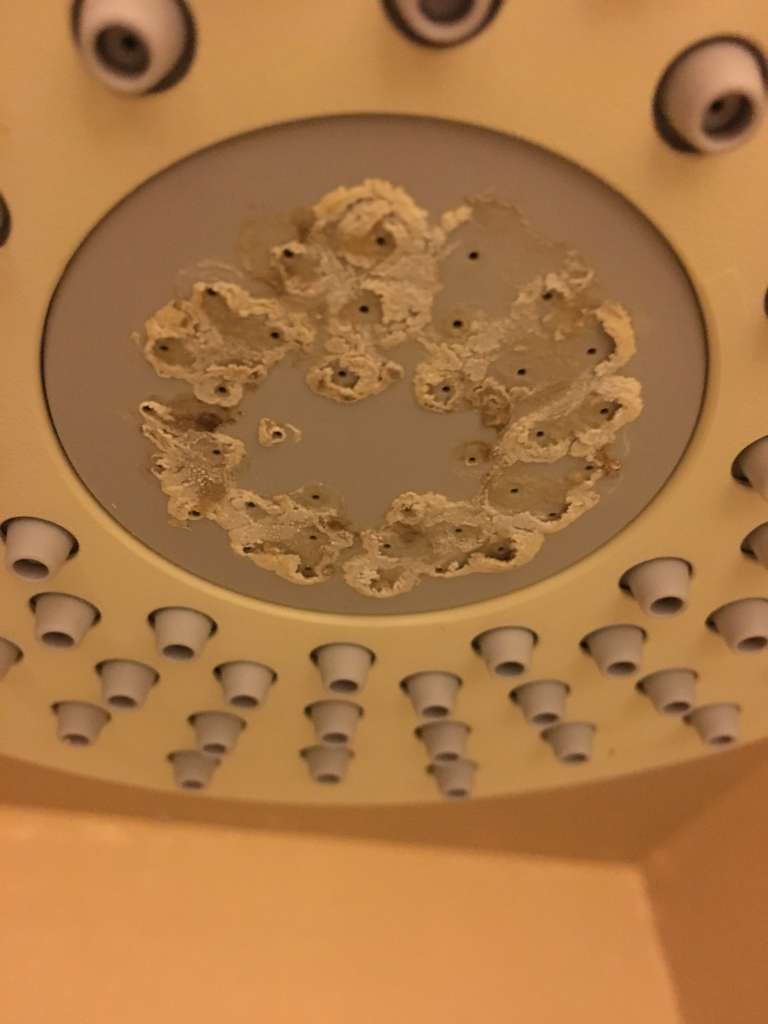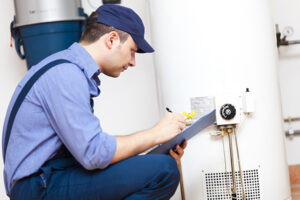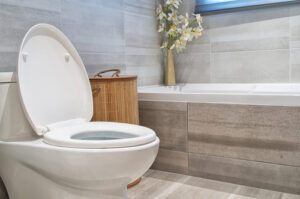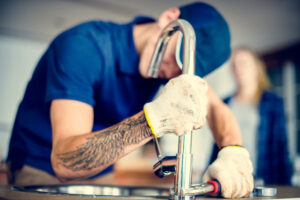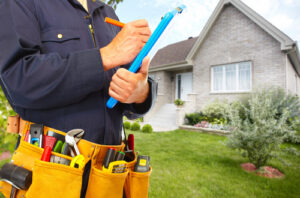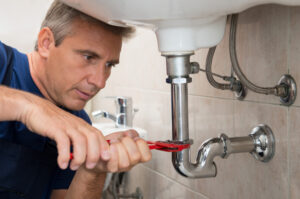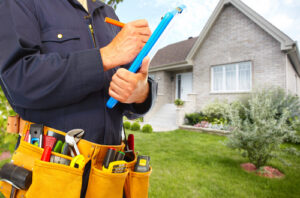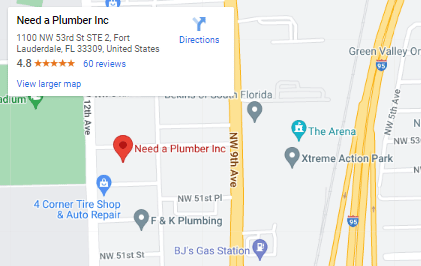Commonly known as a “household pest” for homes in high sediment areas, hard water is water that contains relatively high amounts of dissolved minerals. When this water evaporates, it leaves behind these mineral deposits. This is when you’ll see those hard water stains.
Some may think that this water is unhealthy for you when in many ways, it’s actually the opposite. What it is bad for, however, is your plumbing and appliances.
How Is Hard Water Harmful?
Hard water reacts with soap to create scum, which prevents the accumulation of suds resulting in more usage of soap than necessary. In addition to that, you may see those ugly white residue marks on your dishes, drinkware, and sinks.
A more serious and costly problem, however, is the deterioration of your plumbing. It will reduce the effectiveness of cleaning agents on your plumbing, cause rusting, and scale buildup in pipes, which results in an increase of energy for your water heater and appliances. Scale buildup, for example, will cause your water heater’s life span to shorten. The buildup in your showers, tubs, sinks, and faucets can also create clogs, reduced water flow, and stress on your pipes and fixtures. All of these things result in more money out of your pocket.
Hard water can also leave your skin or hair feeling dull or dry because it makes it harder to rinse off soap and hair products. It will also increase the wear and tear on clothes you throw in the washing machine.
What Can I Do About It?
- Test Your Water| You can contact your water service provider and request an up to date report with the most recent testing results. There are other options to test your water including buying test strips and taking a sample of your water to a local lab.A quick and easy way to determine the possibility of hard water is by looking for white scale buildup on your plumbing fixtures. You can also combine some water and dish soap in a small container and shake it up to see if it fails to create a lot of suds or not.
Solutions| You can purchase water-conditioning products or have a whole-house water softener system installed. This is sometimes the most effective and efficient solution.
Vinegar will dissolve any mineral deposits from small fixtures. You can place the fixture in a cup or bowl, fill it vinegar, and in about an hour most of the buildup should be gone.
Reduce the temperature on your water heater. Doing so will slow down the accumulation of buildup. The hot water heater should also be flushed every so often to reduce clogs from sediments.

